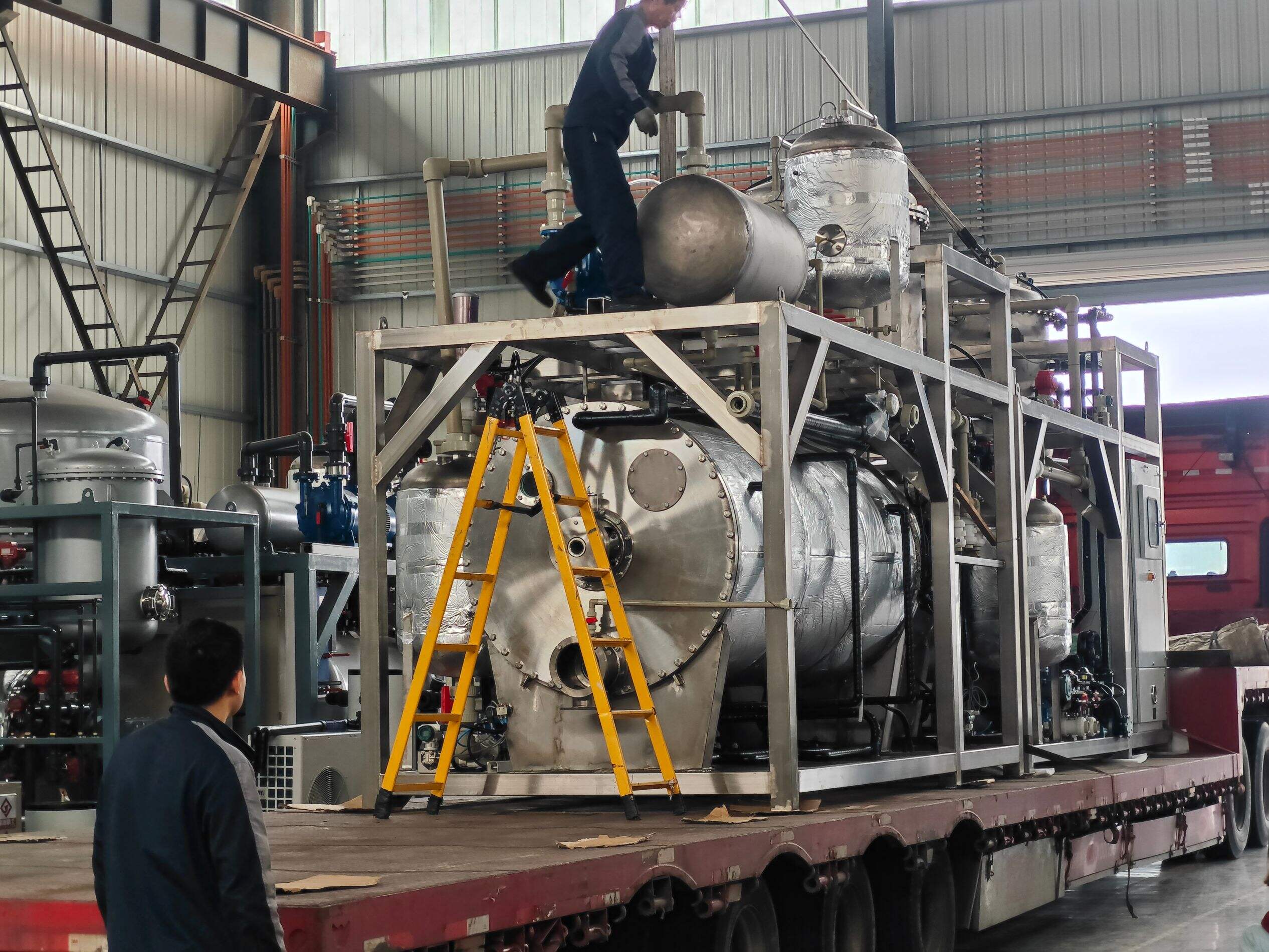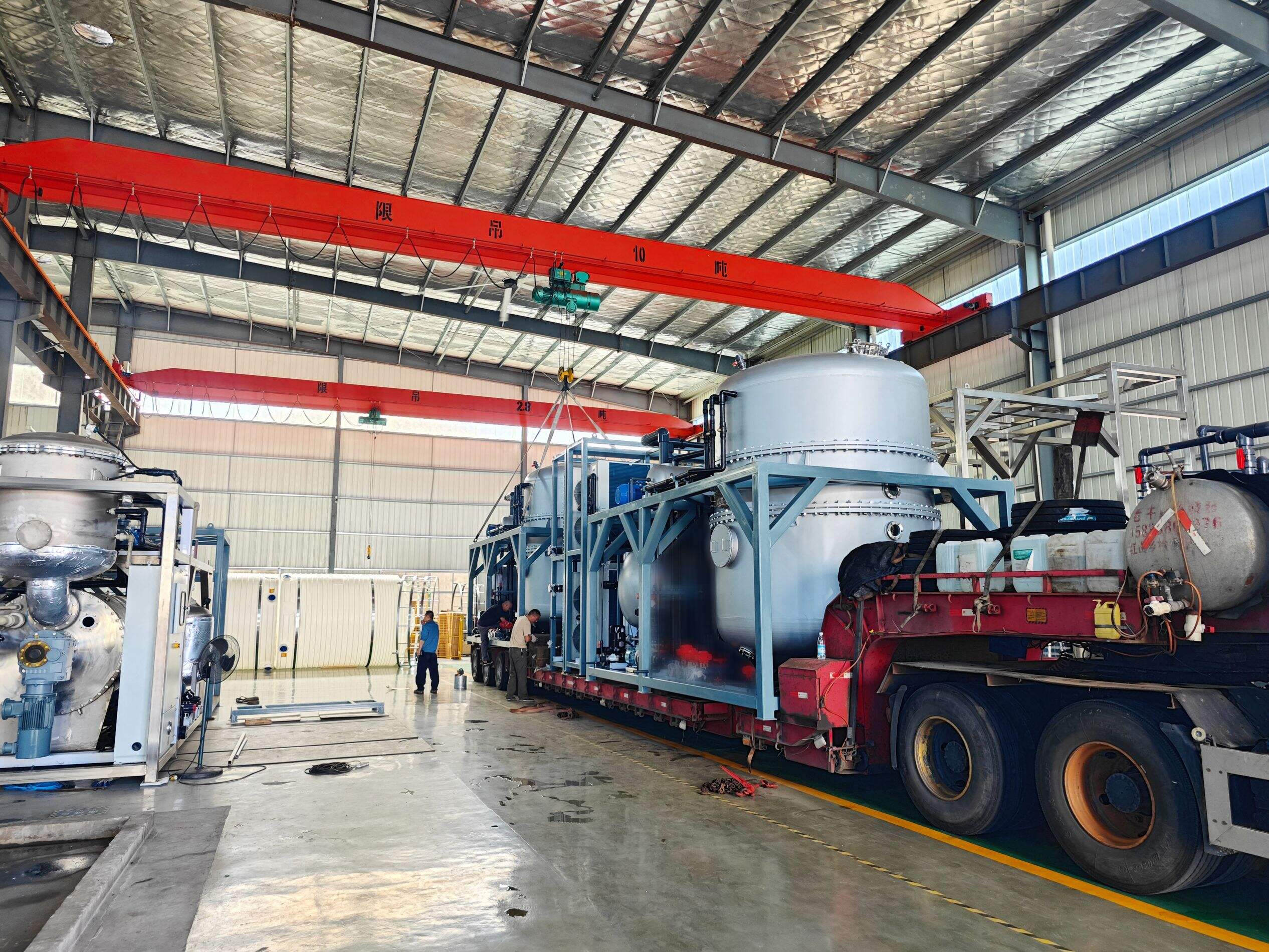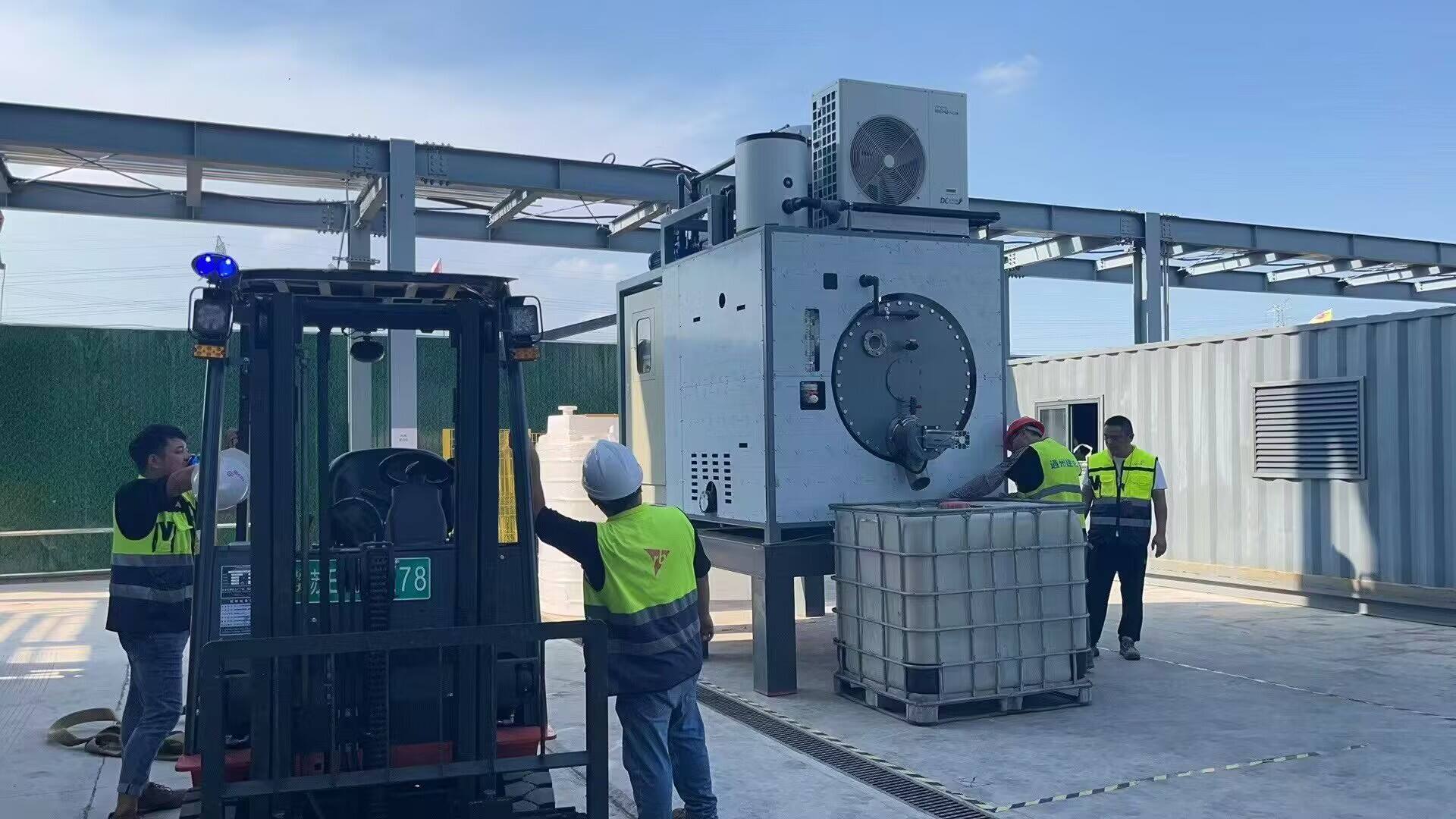industrial effluent treatment process
Industrial effluent treatment is a sophisticated process designed to purify and manage wastewater generated by industrial operations. This comprehensive treatment system combines physical, chemical, and biological processes to remove contaminants and ensure environmentally safe discharge. The process typically begins with preliminary treatment, where large debris and suspended solids are removed through screening and sedimentation. Following this, primary treatment involves physical separation methods like flotation and filtration to remove smaller particles. The secondary treatment phase employs biological processes, utilizing microorganisms to break down organic compounds. Advanced tertiary treatment follows, implementing technologies such as membrane filtration, UV disinfection, and chemical oxidation to achieve higher water quality standards. The system incorporates real-time monitoring and automated control systems to maintain optimal performance and ensure compliance with environmental regulations. Modern industrial effluent treatment facilities are equipped with smart sensors and data analytics capabilities, enabling precise control over treatment parameters and efficient resource utilization. This process is essential across various industries, including manufacturing, chemical processing, pharmaceuticals, and food production, serving as a crucial component in sustainable industrial operations and environmental protection.


